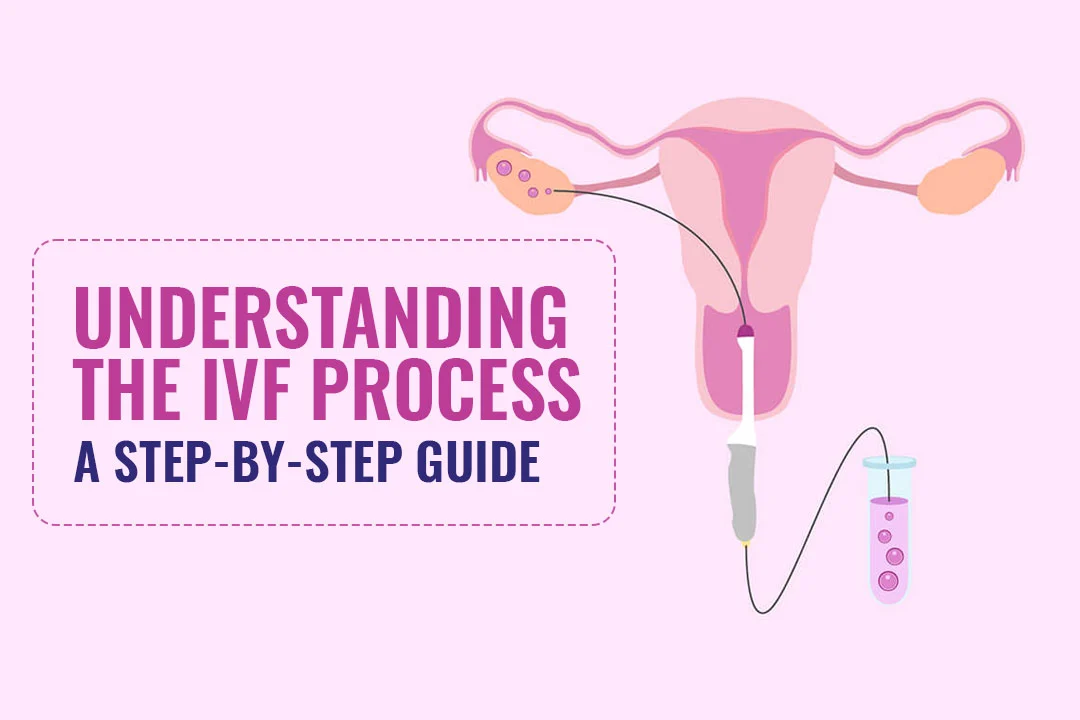Understanding the IVF Process: A Step-by-Step Guide
Introduction to IVF
In today’s world, assisted reproductive technologies like In Vitro Fertilization (IVF) have revolutionized the way we approach infertility. IVF offers hope to countless couples struggling to conceive naturally. It involves fertilizing an egg with sperm outside the body in a laboratory dish, and then transferring the embryo to the uterus. This process has opened doors for many individuals who dream of parenthood but face biological challenges.
Choosing the Right IVF Center
Selecting the best IVF center is crucial for a successful outcome. With numerous options available, it’s essential to research and find a center that meets your specific needs. Factors such as success rates, doctor’s expertise, facilities, and patient care should be considered before making a decision.
Meet Dr. Divya Kumar
One of the leading figures in the field of IVF is Dr. Divya Kumar, renowned for her expertise and compassionate care. As the head of the best IVF center in Faridabad, Accord Superspeciality Hospital, Dr. Divya Kumar has helped numerous couples fulfill their dreams of parenthood. Her dedication to excellence and personalized approach make her a top choice for IVF treatment.
Understanding the IVF Process
The IVF process involves several steps, each meticulously designed to increase the chances of conception. Understanding these steps can alleviate anxiety and empower individuals undergoing treatment.
Initial Consultation and Evaluation
The journey begins with an initial consultation where the medical history of the couple is evaluated, and personalized treatment options are discussed. Dr. Divya Kumar and her team conduct thorough assessments to identify any underlying issues that may affect the success of IVF.
Ovarian Stimulation
Ovarian stimulation involves the administration of fertility medications to stimulate the ovaries to produce multiple eggs. This step is crucial as it ensures an adequate number of eggs for retrieval.
Monitoring and Follicle Growth
During ovarian stimulation, regular monitoring is essential to track follicle growth. Ultrasound scans and blood tests help the medical team determine the optimal time for egg retrieval.
Egg Retrieval
Egg retrieval is a minor surgical procedure performed under sedation. Using ultrasound guidance, eggs are aspirated from the ovaries with a thin needle.
Sperm Collection and Preparation
Meanwhile, sperm samples are collected and prepared in the laboratory. The sperm is washed and concentrated to enhance fertilization potential.
Fertilization and Embryo Development
In the laboratory, the retrieved eggs are fertilized with sperm, and the resulting embryos are monitored for growth and development over several days.
Embryo Transfer
The most anticipated step is the embryo transfer, where one or more embryos are carefully placed into the uterus using a thin catheter. This procedure is quick and painless, resembling a routine gynecological exam.
Waiting Period and Pregnancy Test
Following the embryo transfer, a waiting period ensues, during which patients are encouraged to remain positive and hopeful. A pregnancy test is conducted approximately two weeks post-transfer to determine the success of the procedure.
Follow-up Care and Support
Regardless of the outcome, Dr. Divya Kumar and her team provide comprehensive follow-up care and support to all patients. Emotional support and guidance are offered every step of the way, ensuring patients feel empowered and informed.
Success Rates and Expectations
While IVF offers promising results, it’s essential to maintain realistic expectations. Success rates vary depending on various factors, including age, reproductive history, and overall health. Dr. Divya Kumar educates her patients about the possibilities and guides them with empathy and transparency.
Conclusion
In conclusion, understanding the IVF process is the first step towards embarking on this transformative journey. With the guidance of experts like Dr. Divya Kumar and advancements in reproductive technology, parenthood is within reach for many. While the path may be challenging, the destination is worth every effort.
FAQs
1. How long does the IVF process take from start to finish?
The IVF process typically takes four to six weeks from the beginning of ovarian stimulation to embryo transfer.
2. Is IVF painful?
While discomfort may occur during certain stages, such as egg retrieval, anesthesia is administered to minimize pain.
3. What factors contribute to IVF success?
Age, egg quality, sperm quality, and overall health are significant determinants of IVF success.
4. Are there any side effects of IVF medications?
Mild side effects such as bloating and mood swings are common but usually subside after treatment.
5. Is IVF covered by insurance?
Insurance coverage for IVF varies depending on the provider and policy. It’s advisable to check with your insurance company beforehand.

